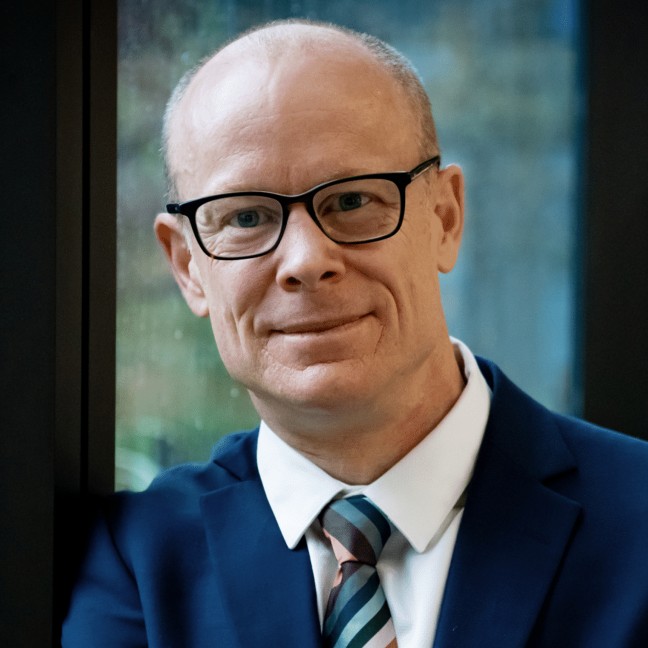Strategic plan
Te Herenga Waka, He Herenga Tāngata, He Herenga Kaupapa—the university for a better world.
Te Koromakinga—Our Mission
We draw on our whakapapa, knowledge and place to shape a better future together.
Our whakapapa, knowledge and place are all unique to us. We are stronger because of our diversity, not in spite of it. It's that idea of individuals contributing but succeeding together. And at the core of that is our commitment to te Tiriti, which is part of our statute.

Prof Nic Smith
Tumu Whakarae—Vice-Chancellor
Ngā Uara—Our Values
- Kaitiakitanga—we have a duty as guardians to protect and nurture the environment and people entrusted to our care.
- Manaakitanga—we are welcoming and generous and operate in ways that enhance the mana of our staff and students.
- Whanaungatanga—we grow meaningful and long-lasting relationships that benefit our University communities and wider society.
- Akoranga—we value the experience that students and staff bring to the University and recognise that greater understanding grows out of shared learning.
- Whai mātauranga—we nurture intellectual curiosity that pushes the boundaries of knowledge and integrates diverse viewpoints to enhance the world around us.
Te whakakitenga—Our vision
The University’s excellence is defined by inspirational teaching, outstanding research, and deep engagement that mobilises understanding and action for a better world.
We are bold and creative, with tolerance for high-risk, high-reward activities with respect to academic investigations and discussion. A high trust culture across the University is pivotal for freeing time and resources to enable all members of our community to focus on whai mātauranga.
We may contribute as individuals but we succeed together, by investing in opportunities that have the potential to create distinctive long-term value for the University and our wider community.
We are responsible kaitiaki for our society and our environment, leading courageous, evidence-based discussion on critical civic and global issues with manaakitanga.
We cherish and care for our students and staff, who experience akoranga that celebrates their diverse identities, provides development connected to employment opportunities, and allows them to enjoy whanaungatanga that supports their success and life-long learning. We manaaki all of our staff in ways that support their wellbeing and acknowledge their own aspirations for themselves, their families and the University.
We are a civic university with our community defining why we are here and who we serve. We are globally excellent by being locally relevant for the remarkable capital city of Wellington. This connection is evidenced by people’s motivation to join with our university. Our collaborations advance our reputation nationally, in the Pacific region, and internationally.
Ngā whāinga matua—Our strategic priorities
We foster connection, collaboration and community.
Connection
We value and understand our diversity. We prioritise:
- our commitment to Te Tiriti o Waitangi and our connection to place to give meaning and influence to the marae at our heart, and support our global distinctiveness
- aspirations that empower, focus, and connect the distinctive strengths of individuals and groups within the University
- learning that excites and supports our diverse students to enable them to confidently contribute to kaupapa that challenges and extends their thinking
- the connection of ideas across academic disciplines to address pressing challenges and transformational opportunities.
Collaboration
We value and use our strengths together. We prioritise:
- returning time to staff to pursue opportunities by improving economies of scale and consistency in our processes
- enhancing internal processes that transparently encourage resource sharing and collaboration across the University
- trusting our staff to innovate and work in the best interests of the University with a focus on reviewing outcomes rather than requiring prior approvals
- learning from and working with partners nationally and internationally to advance shared kaupapa.
Community
We create value for our whole society. We prioritise:
- embracing our critic and conscience role in ways that allow current challenges, conflicts, and opportunities to be scrutinised with evidence and respectfully discussed
- engagement activities that enhance knowledge and understanding for all our external communities
- connecting aspiration to opportunity through pathways for Māori and Pasifika success
- empowering students to pursue professional and entrepreneurial experiences that connect ambition with possibility
- ecological thinking that contributes to a sustainable, resilient, and better world.
